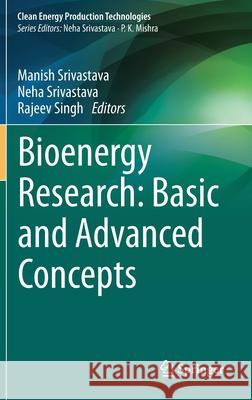Bioenergy Research: Basic and Advanced Concepts » książka
topmenu
Bioenergy Research: Basic and Advanced Concepts
ISBN-13: 9789813346109 / Angielski / Twarda / 2021 / 342 str.
Bioenergy Research: Basic and Advanced Concepts
ISBN-13: 9789813346109 / Angielski / Twarda / 2021 / 342 str.
cena 724,58
(netto: 690,08 VAT: 5%)
Najniższa cena z 30 dni: 693,97
(netto: 690,08 VAT: 5%)
Najniższa cena z 30 dni: 693,97
Termin realizacji zamówienia:
ok. 16-18 dni roboczych.
ok. 16-18 dni roboczych.
Darmowa dostawa!
Kategorie:
Kategorie BISAC:
Wydawca:
Springer
Seria wydawnicza:
Język:
Angielski
ISBN-13:
9789813346109
Rok wydania:
2021
Wydanie:
2021
Numer serii:
001025907
Ilość stron:
342
Waga:
0.67 kg
Wymiary:
23.39 x 15.6 x 2.06
Oprawa:
Twarda
Wolumenów:
01
Dodatkowe informacje:
Wydanie ilustrowane











